The recent death of Ismail Baz, a commander of the Lebanese armed group Hezbollah, in an Israeli attack has reignited tensions along the Lebanon-Israel border. Hundreds gathered to pay their final respects to Baz, who was killed alongside two other Hezbollah members in the attack last Tuesday, April 16. In retaliation, Hezbollah launched missiles and drones at Israel, resulting in injuries to at least 14 Israeli soldiers.
The conflict between Hezbollah and Israel has escalated into a war of words, with Hezbollah leader Hussain Jassi vowing that Israel will pay the price for its actions over the past 75 years. The attack on the Iranian consulate in Damascus, allegedly orchestrated by Israel, was met with a strong response from Iran, shaking Israel's stance in the region.
Hezbollah, backed by Iran, has been engaged in ongoing rocket attacks against Israel for the past six months in protest of Israeli actions in Gaza. However, the recent attack by Iran on Israeli territory has escalated the conflict to new heights. Israel has retaliated by launching attacks deep into Lebanese territory, resulting in injuries to Israeli soldiers from border explosions.
Analysts suggest that Iran is using Hezbollah as a proxy to exert pressure on Israel. Iran-backed groups may escalate anti-Israel activities from various fronts, including the Red Sea and the occupied Golan Heights. Tel Aviv has threatened retaliation against Tehran, prompting Iran to utilize proxies to deter Israeli aggression.
As tensions continue to escalate in the region, the conflict between Hezbollah and Israel shows no signs of abating, raising concerns about the potential for further violence and instability in the Middle East.



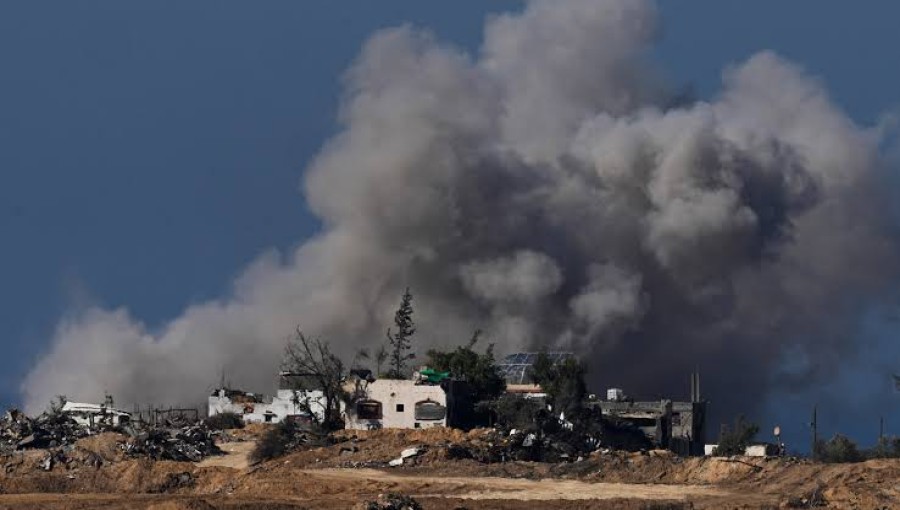


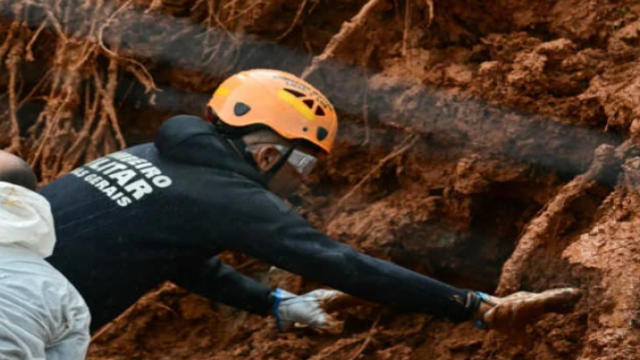

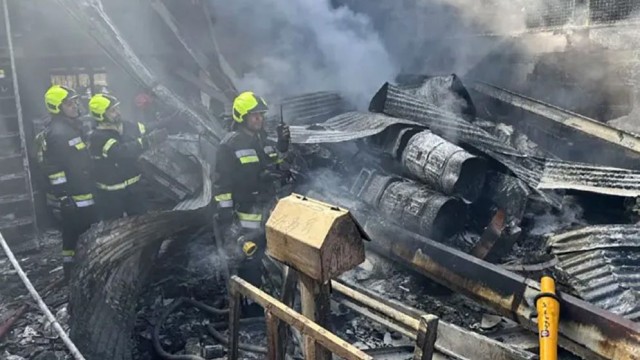
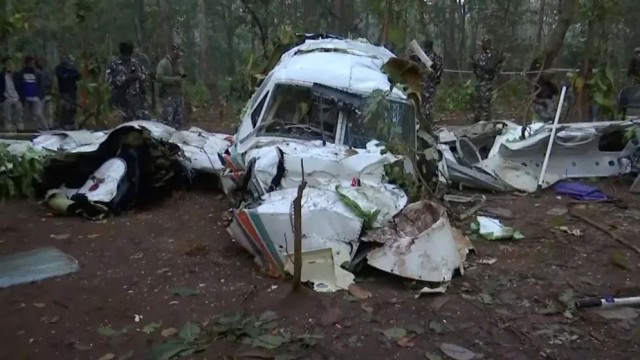


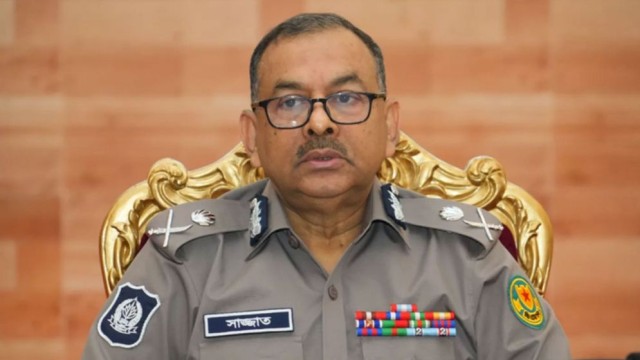

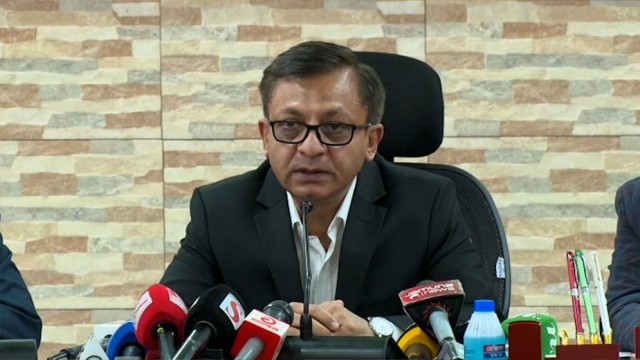

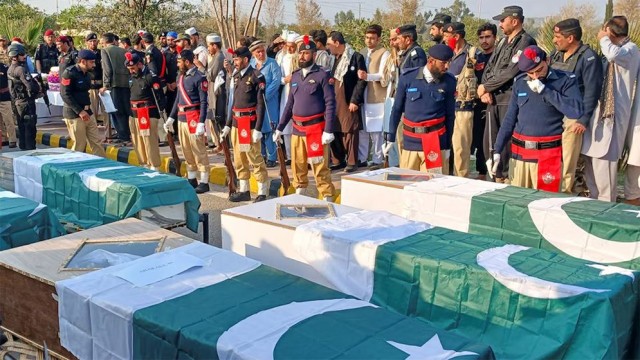

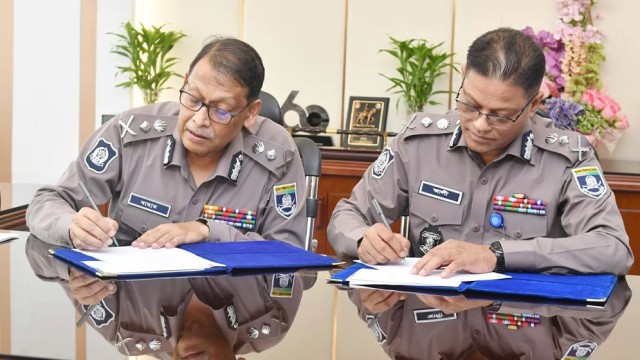
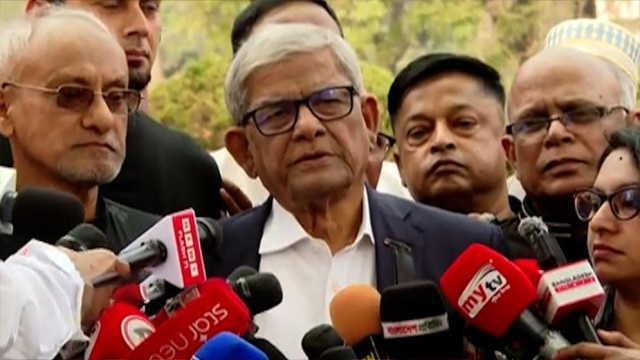






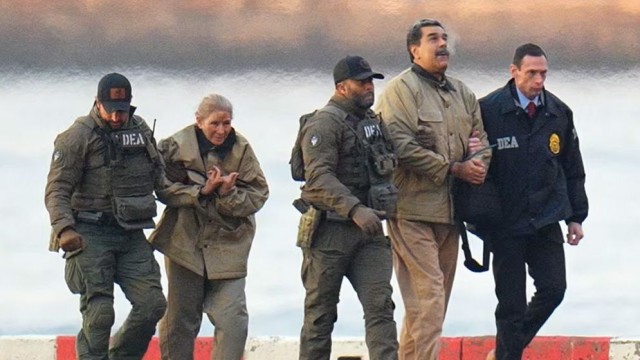




Comment: